Mozambique: Agriculture Minister accused of environmental crime - AIM
Renamo president proposes that Mozambique creates a reconciliation commission

All photos: Renamo Moçambique
The president of the Mozambican National Resistance (Renamo), Mozambique’s main opposition party, on Monday urged the creation of a commission for reconciliation in the country, saying that the “Mozambican people are tired of war”.
“We cannot speak only of peace, but also of reconciliation and, therefore, I have thought that it was possible that we could create a commission for national reconciliation,” Ossufo Momade told the press.
People are “tired of wars” and the country’s pacification is “irreversible”, he said. “The only way out is to have effective peace and reconciliation.”
Also read: Female victims of Mozambique’s civil war live on in a silenced pain
Mozambique has experienced a 16-year civil war between the government and Renamo, ending with the signing of the General Peace Agreement in Rome in 1992 between then president Joaquim Chissano and Afonso Dhlakama, Renamo’s historic leader , who died in May 2018.
In 2013, there were further clashes between the parties for 17 months, which only stopped with the signing on September 5, 2014, of the Agreement for the Cessation of Military Hostilities, between Dhlakama and former head of state, Armando Guebuza.
Also read: Lack of transitional justice caused political crisis in Mozambique – Human Rights League
Some years later, August 6, 2019, witnessed the signing of a third ‘Peace and National Reconciliation Agreement’ by the current Mozambican president, Filipe Nyusi, and Renamo leader Ossufo Momade, providing, among other things, for the demilitarization, disarmament and reintegration (DDR) of the armed wing of the main opposition party.
The country is currently experiencing renewed troubles, marked by armed conflicts in the centre and north. In the centre of the country, the self-proclaimed Junta Militar, a splinter group headed by a former Renamo guerrilla leader, has been involved in armed attacks and incursions that have killed at least 30 people since 2019.
In Cabo Delgado, in the north of the country, government forces have faced a three-year armed insurgency, which has caused a humanitarian crisis with more than 2,000 dead and 670,000 displaced.


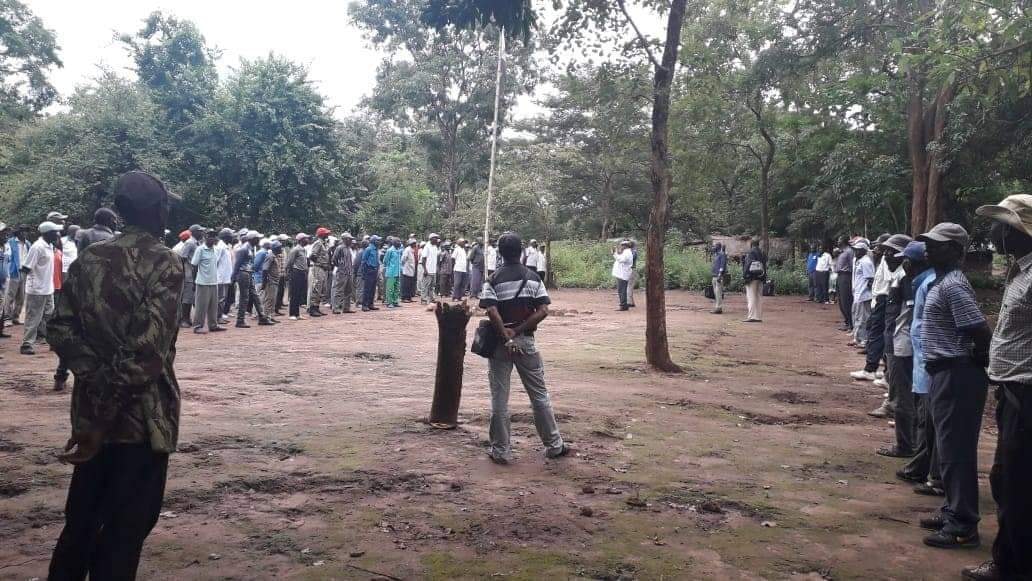


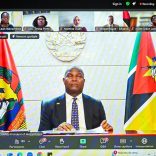
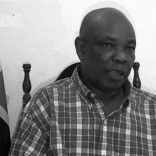
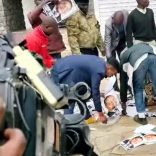
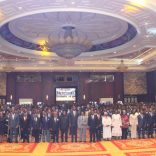
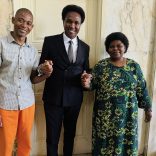




Leave a Reply
Be the First to Comment!
You must be logged in to post a comment.
You must be logged in to post a comment.